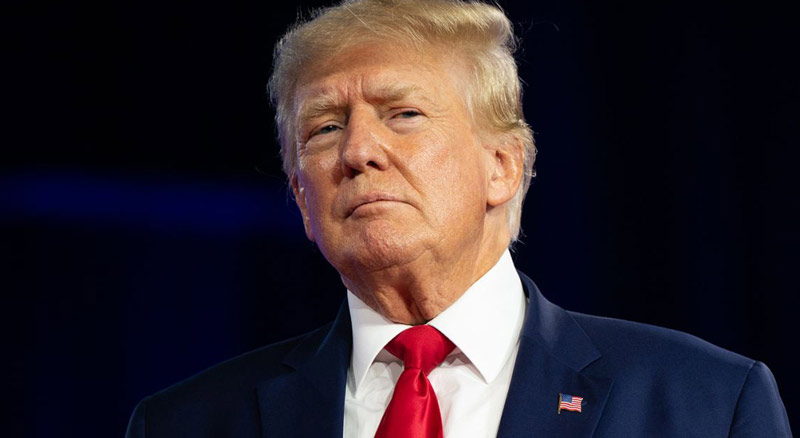The judge overseeing the classified docs case against former President Donald Trump declined on Thursday his motion to dismiss based on the Presidential Records Act (PRA).
Trump asked in February to dismiss the case based on the PRA, which his attorneys argued confers “unreviewable discretion on President Trump to designate the records at issue as personal.”
Cannon found that the PRA did not provide a “pre-trial basis to dismiss,” noting that Counts 1-32 of the indictment “make no reference” to the act.
“More generally, the Superseding Indictment specifies the nature of the accusations against Defendant Trump in a lengthy speaking indictment with embedded excerpts from investigative interviews, photographs, and other content,” she wrote.
“For these reasons, accepting the allegations of the Superseding Indictment as true, the Presidential Records Act does not provide a pre-trial basis to dismiss under Rule 12(b)(3)(B)(v)—either as to Counts 1 through 32 or as to the remaining counts, all of which state cognizable offenses.”
Special Counsel Jack Smith rebuked Cannon in a motion Wednesday for an order instructing parties to file proposed jury instructions engaging with two scenarios involving the Presidential Records Act.
He said the order rested on the same “fundamentally flawed legal premise” in Trump’s motion to dismiss and asked her to make her decision on the legal theory clear, threatening to appeal if she disagreed with the government’s view.
Cannon called Smith’s demand “unprecedented and unjust,” noting that her order was not an indication of her view of Trump’s defense.
“The Court’s Order soliciting preliminary draft instructions on certain counts should not be misconstrued as declaring a final definition on any essential element or asserted defense in this case,” Cannon wrote.
“Nor should it be interpreted as anything other than what it was: a genuine attempt, in the context of the upcoming trial, to better understand the parties’ competing positions and the questions to be submitted to the jury in this complex case of first impression.”
“As always, any party remains free to avail itself of whatever appellate options it sees fit to invoke, as permitted by law,” she wrote.
![]()

